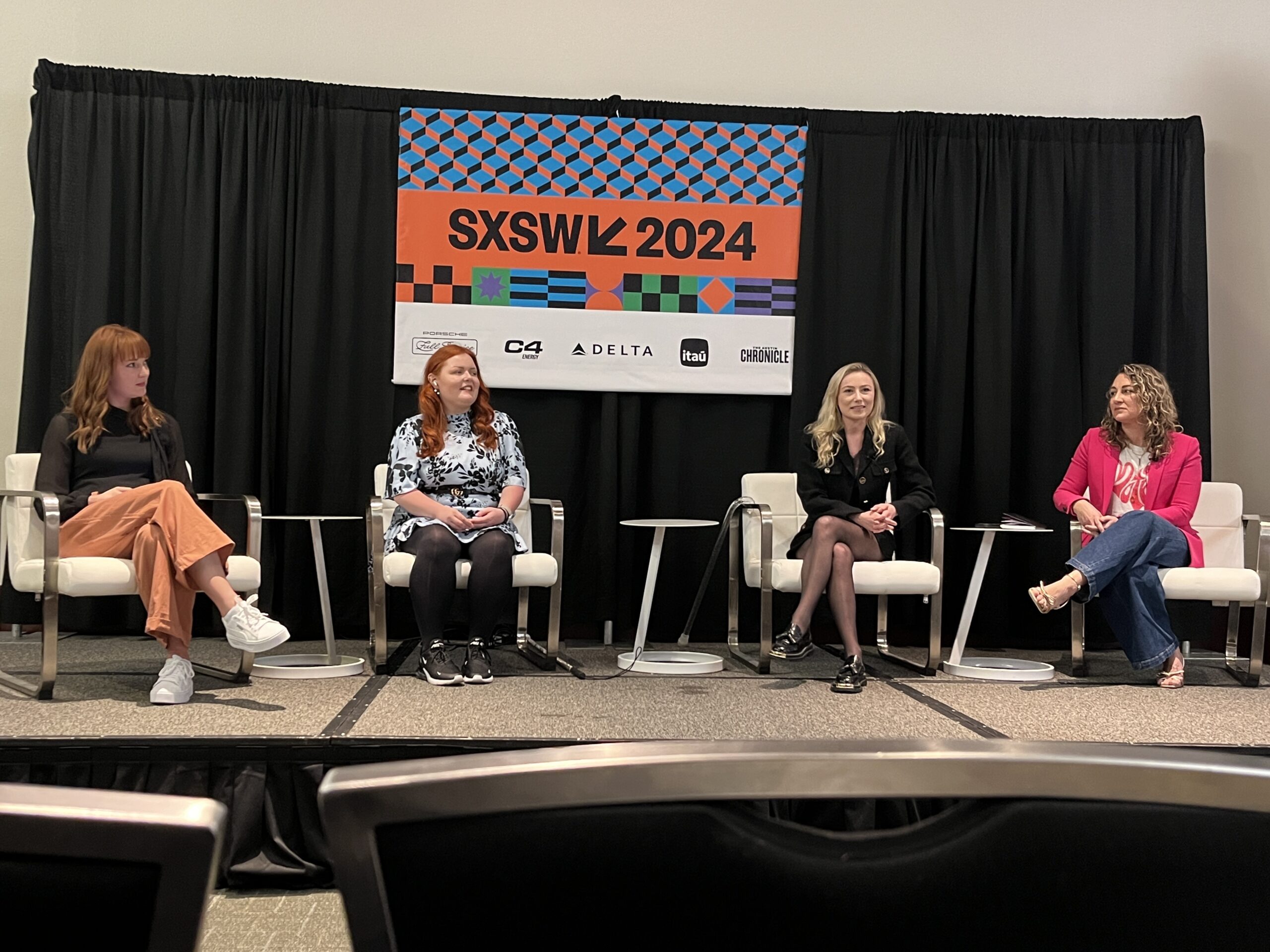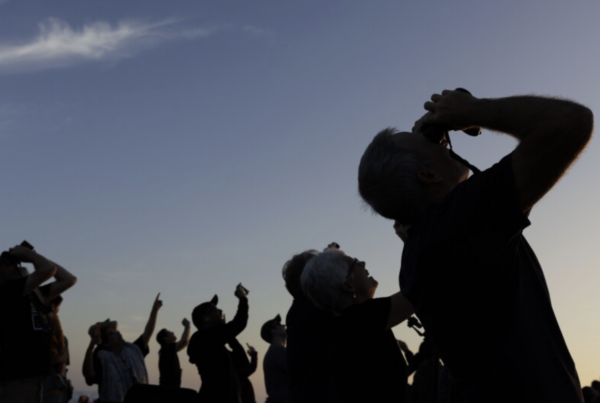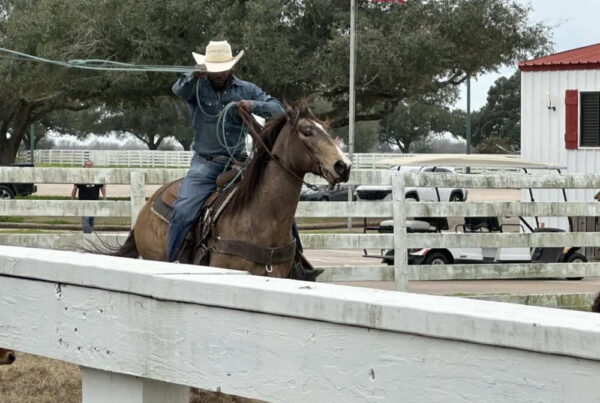South by Southwest (SXSW) has a reputation for launching or accelerating trends. From Twitter to cryptocurrency, virtual reality to AI, the annual conference and festival in Austin usually has a finger on the collective pulse.
Among this year’s trends was a surprising topic: accessibility. How can technology and media be made more inclusive for all, including those with disabilities?
Texas Standard producer/reporter Shelly Brisbin says evidence of the attention being paid to accessibility this year included more than 20 sessions, a number of award-nominated ideas and products focused on accessibility and entrepreneurs whose products address disabled audiences. Listen to the interview above or read the transcript below.
This transcript has been edited lightly for clarity:
Texas Standard: A big part of SXSW is this interactive or tech part of the conference. Seems like the sessions about how to make tech more accessible would be a part of the program every year, no?
Shelly Brisbin: Actually, no.
I’ve been going to South by Southwest Interactive probably since 2007, but usually what you find are very in-the-weeds kinds of things about how to build websites so everyone can use them, which is very important, and coding and other issues that really affect technical people who are working in accessibility. And that’s been the way SXSW has been, so there wasn’t much about accessibility until now.
So “until now,” you say. What about now tells you that accessibility may be having a moment in 2024?
Well, the first indication I got was when one of the featured sessions, which is one of the sessions on the big stage that gets live streamed and gets a lot of promotion, featured an accessibility conversation with somebody who represents Apple. And the important thing about that, too, is that Apple doesn’t do a lot of public presentations that are outside of their own controlled keynote events. And so when they do it, it’s notable.
But specifically, their global director of accessibility was talking about accessibility features that are in their mainstream products – transcripts in Apple Podcasts, and a new feature that allows people who are at risk of speech loss to be able to create a cloned version of their voice using AI. And those are topics that people who watch Apple and accessibility have known about for a little bit, but not from the main stage of SXSW.
There’s also an awards showcase, the Innovation Awards, every year that has something like 50 nominees for awards in all kinds of categories, including audio, design and more. And in those categories include a whole bunch of accessibility related offerings, which I don’t think has been true in the past.
What were attendees learning about disability?
Well, first of all, there were something like 20 sessions, which is a huge number compared to the two or three we usually get. And you had everything from how to make things more accessible, whether it be social media or whether it be web content, which I think we’re kind of used to, but also how to engage in market with folks with disabilities so that when you have a brand that has a product out there that may not be generally focused on disability, you can include disabled audiences in those brand pitches.
Also, there is a guy who runs a venture capital firm specifically focused on disabled founders. He’s at SXSW, and he’s not just talking to and about disability – he’s actually part of the pitch competition that SX runs every year for founders of all kinds of startups. And his inclusion certainly signals that disability is part of what SX wants to communicate to people who are attending the conference more generally.
Well, let’s talk about SX themselves. Do you feel like the conference, in this focus on accessibility, that it’s just adding to its diversity bona fides here, or does it feel like there’s something more genuine afoot? That SX might be picking up on something happening in the wider world?
I think it’s a bit of both, honestly. I mean, SX in general has more diversity-oriented programing and they’ve been touting that for a few years. I think that’s something that’s in the general cultural zeitgeist. And SX doesn’t want to be left behind in that regard. And the programs that they have on their schedule were obviously chosen by them, but they were pitched. Some people out there who had disability programing that they wanted to get on the schedule pitched it, and SX took it on.
I do think, though, that the breadth of the programing indicates something about the level of interest in accessibility and disability, because it’s not just how to basically meet minimum ADA requirements. It’s how to create a product that supports the needs of people who have disabilities, but which is also useful for the mainstream.
AI is a huge focus in the culture generally, and in SXSW specifically. And there are a lot of AI solutions out there that are very much applicable to accessibility. And I think that’s just a little bit of what I was seeing when I was out there.














